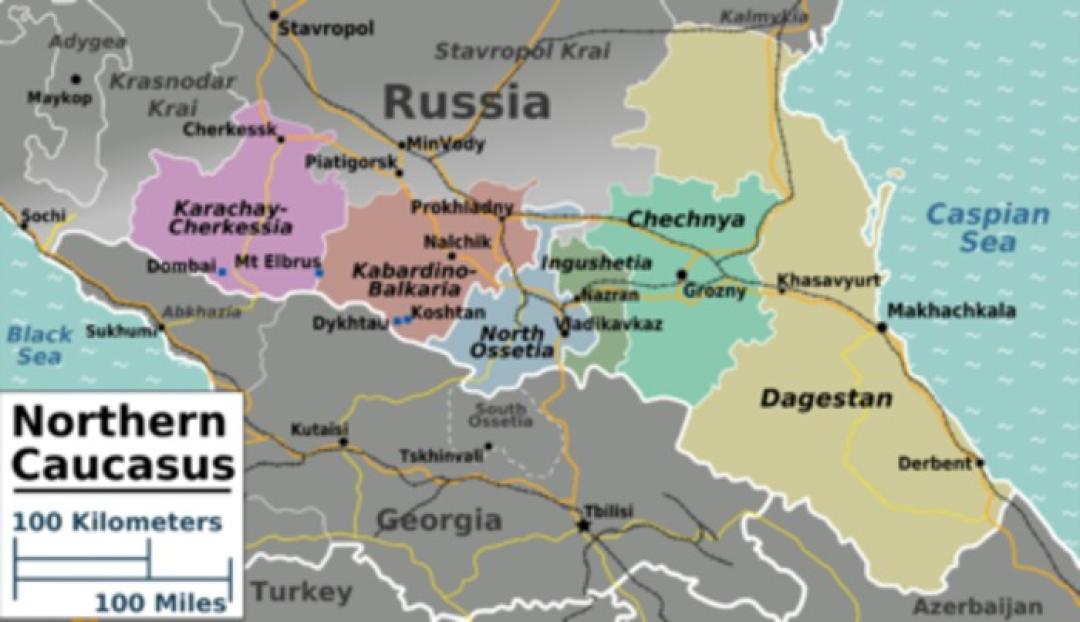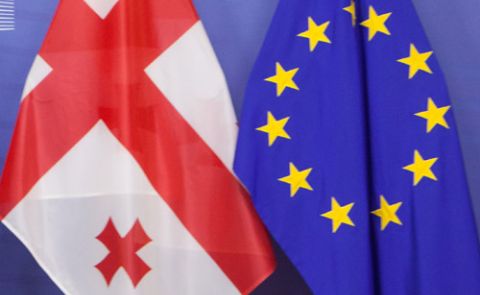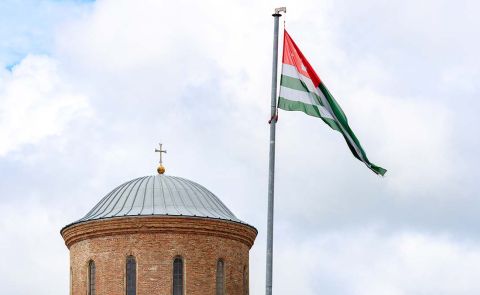
Russian Prime Minister: “North Caucasus becoming the largest hub”

Russian Prime Minister Mikhail Mishustin approved documents that will speed up the import of goods into the country, the government press service said.
According to two resolutions, several checkpoints across the state border of Russia will be equipped with additional places for checking goods, which will increase the flow of goods.
“We are talking about the sea checkpoint Kavkaz, through which goods from Turkey arrive, about the automobile checkpoint Yarag-Kazmalyar on the Russian-Azerbaijani border, as well as the automobile checkpoint Upper Lars on the Russian-Georgian border, through which deliveries from Azerbaijan, Armenia, Georgia, Iran, and Turkey transit,” he said.
The North Caucasus, the Arrows of Kazbek Telegram channel notes, is becoming one of the largest transit hubs due to the shift in the trade vector from West to East. “Moreover, the state is doing everything possible to speed up the process. In particular, materials and equipment for the modernisation of border posts in the North Caucasus will be purchased according to a simplified scheme,” the channel owner emphasised.
Mishustin also signed an order, which will speed up the modernisation of Russian checkpoints. This year, the purchase of materials and equipment for the repair and equipping of border posts will be carried out according to a simplified scheme through an electronic request for quotations.
At a meeting with the head of the Federal Customs Service, Vladimir Bulavin, Mikhail Mishustin called for maximum flexibility and to help businesses adapt to the conditions of external sanctions pressure.
According to Mishustin, “this feedback and the opinion of business, voiced right next to the customs posts, where, in fact, administration is carried out, all state customs clearance procedures are very important now, it doesn’t matter, when exporting, when importing.” Also, he said, it is necessary “to take a closer look at checkpoints where procedures can be optimized, because this will excite people, including small and medium-sized businesses, which adapt and also become a participant in a new type of foreign economic activity, with new supply chains, before all from friendly countries.”
See Also


BP Strengthens Presence in Azerbaijan’s Offshore Energy Sector

Netanyahu’s Letter to Aliyev: Mutual Trust, Solidarity Following Hamas Attacks, Facilitating Dialogue Between Israel and Türkiye

Azerbaijan Expands JF-17 Thunder Fighter Jet Order from 16 to 40 Units

EU Commissioner and NATO PA Warn Georgia Over Democratic Decline Amid Accession Challenges

